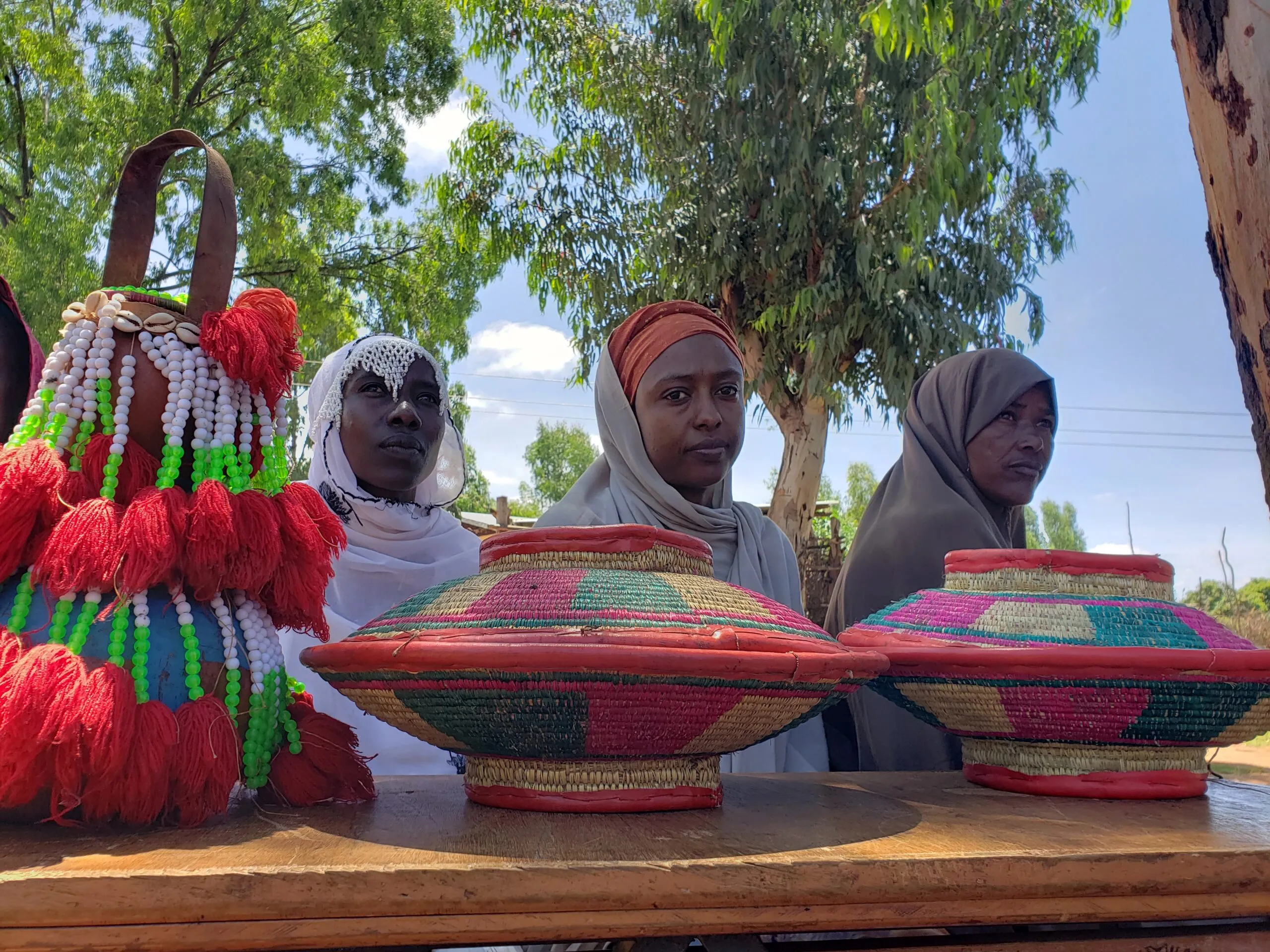
The more gender inequality there is in the world, the more hunger there is. The COVID-19 pandemic and subsequent food crisis—exacerbated by the conflict in Ukraine—has drastically worsened the gender food gap. Women have been hit first and hardest by the impacts of crisis on overall increases in hunger. While 2022 saw improvements in global averages, inequality continues to grow in many parts of the world.
The GEN is a regional community of practice for suppliers and vendors/ business partners to explore gender equity issues in factories and the community and to exchange their experiences, ideas, best practices, and solutions for advancing gender equity within the supply chain. Read More
It’s often said that women eat last and least. But all too often we lack the timely and actionable data we need to close the gender hunger gap. To remedy this, CARE in Honduras combined the global standards of the Integrated Food Security Phase Classification (IPC) and our Rapid Gender Analysis toolkit to demonstrate the potential of a gender-responsive early warning system. Read More
The world urgently needs more adaptable and accessible funding models that recognize the unique contributions of women's rights organizations and women-led organizations (WROs/WLOs). Despite their crucial role in crisis response, women's potential as leaders in humanitarian action is often sidelined, perpetuating gender inequalities and undermining response effectiveness. A multifaceted and rights-based approach is essential to tackle internal organizational barriers and external socio-political challenges. Read More